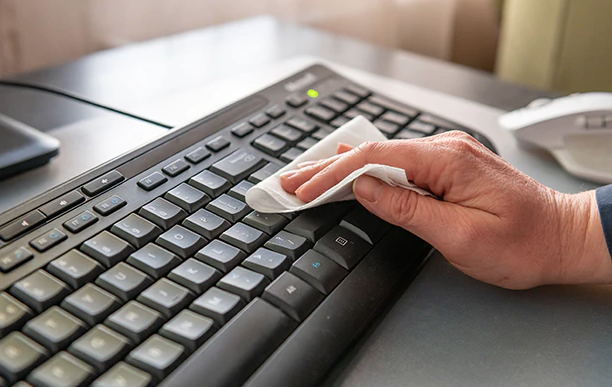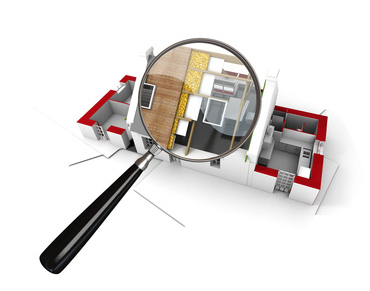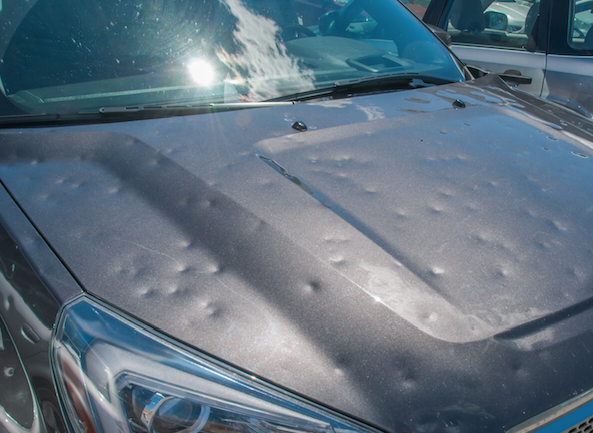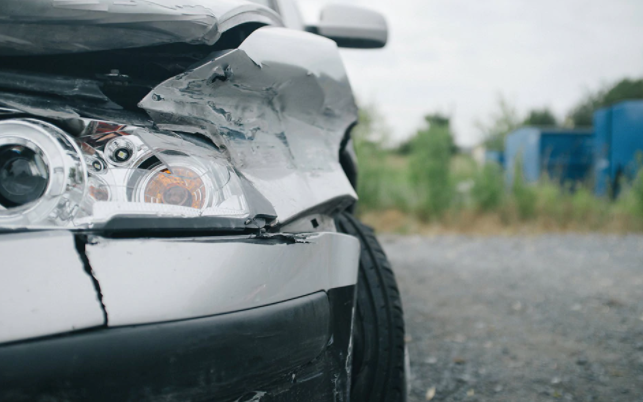Do You Have Any of These 10 Home Fire Hazards Where You Live?
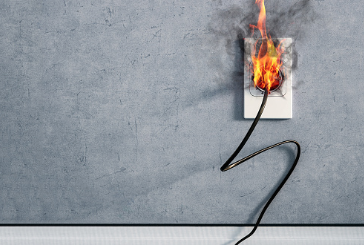
Emily Guy Birken
Most homeowners know the drill for reducing the risk of a house fire: They keep a smoke detector on each floor and make sure they are all in good working order at least twice a year. They closely monitor cooking, candles, and wood stoves and fireplaces, and refrain from smoking indoors. They keep matches and lighters stowed away where children cannot reach them.
Although all of these precautions are an excellent start for promoting fire safety at home, they don’t necessarily protect you from all of the fire hazards that could be lurking in your home. Here are 10 fire hazards you might not realize are in your home, and how to safely use, store, or dispose of each item to reduce the risk of fire.
1. Worn Electrical Cords
The electrical cords on any appliances that you frequently move—such as your vacuum cleaner or power tools, or even your laptop—can end up taking a great deal of abuse. Although power cords have no expiration date, they can wear out over time as they are used and abused.
For instance, the insulation around the power cord can wear away, either from the cord’s overheating or through misuse. If you’ve ever been guilty of pulling the vacuum cord out of the outlet by the cord itself rather than the plug, you may have weakened the insulation that surrounds the electrical cables. Similarly, electrical cords that run through high-traffic areas may lose their insulation as they are repeatedly trod on, and cords that get caught or pinched between heavy furniture can see the same kind of damage.
But cords that have lost their insulation can potentially electrocute you, not to mention the fact that they are a serious fire hazard.
How to Protect Your Home
If any appliances or extension cords in your home get hot to the touch or show signs of wear, do not use them. You can recycle worn extension cords at your local Best Buy, and you can find safe and environmentally friendly ways to dispose of old appliances through the EPA’s Responsible Appliance Disposal program.
You can prevent your cords for wearing out in the first place by keeping cords out of the path of any foot traffic, not forcing cords into spaces that may pinch or crimp them, and never using staples or nails to attach cords to a baseboard or wall. Read More











